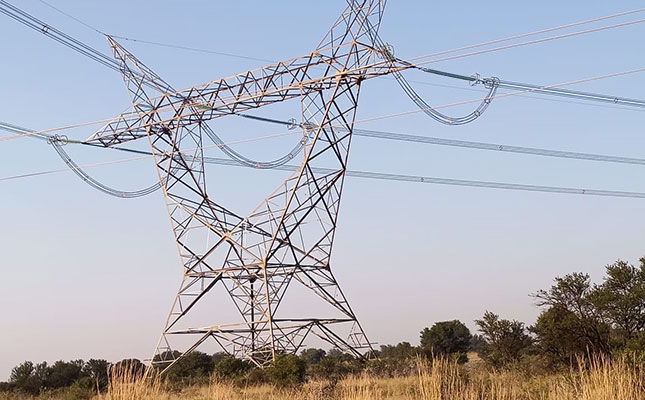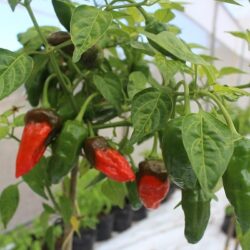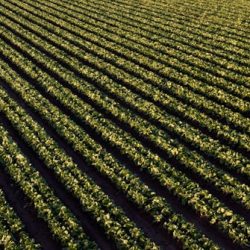The National Energy Regulator of South Africa (Nersa) has approved a 12.7% electricity tariff increase for Eskom, a decision that has sent shockwaves through the agricultural sector. While falling short of Eskom’s initial demand for a 36.5% hike, the increase has been met with dismay by farmers, who warn of dire consequences for the industry.
Themba Bukula, Nersa chairperson, justified the decision as a necessary balance between Eskom’s financial needs and the realities facing consumers. However, for South African farmers, already grappling with a multitude of challenges, the increase is a significant blow.
Theo de Jager, chairperson of the Southern African Agri Initiative, voiced strong opposition to the hike, highlighting its devastating impact on farmers. “This increase will force farmers to absorb an additional R1.27 billion in electricity costs, a significant burden on already strained margins,” De Jager warned. “Small- and medium-sized family farms, with limited financial reserves, will be particularly vulnerable to this shock.”
De Jager emphasized the unique predicament of farmers. Unlike other industries that can pass on increased costs to consumers, farmers often bear the brunt of rising input costs, including electricity. This, coupled with escalating costs for inputs like diesel, fertilizers, and labor, erodes profitability and threatens the long-term sustainability of agricultural operations.
The impact of this electricity hike will inevitably ripple through the food chain. De Jager cautioned that consumers can expect to see a rise in food prices within the next one or two seasons as farmers are forced to adjust to these increased costs.
The agricultural sector, already facing stiff competition from global markets, will now contend with a significant disadvantage. “South African farmers are competing on a global stage, battling against producers in countries with more favorable operating environments,” De Jager lamented. “This electricity hike, coupled with rising input costs and a myriad of other challenges, further erodes our competitiveness.”
De Jager pointed a finger of blame at government mismanagement, citing the escalating costs of doing business in South Africa as a major impediment to growth. “The hike in electricity tariffs is just another example of the government burdening businesses with the consequences of its own failures,” he stated. “Years of mismanagement, corruption, and a lack of accountability have created a toxic environment for businesses to thrive.”
The agricultural sector, a vital pillar of the South African economy, is now facing a critical juncture. The impact of this electricity price hike, coupled with other economic headwinds, threatens to undermine the industry’s resilience and jeopardize food security for the nation.
This article has been crafted to reflect a Sunday Times style, focusing on impactful language, a focus on the human element, and a critical analysis of the situation.




